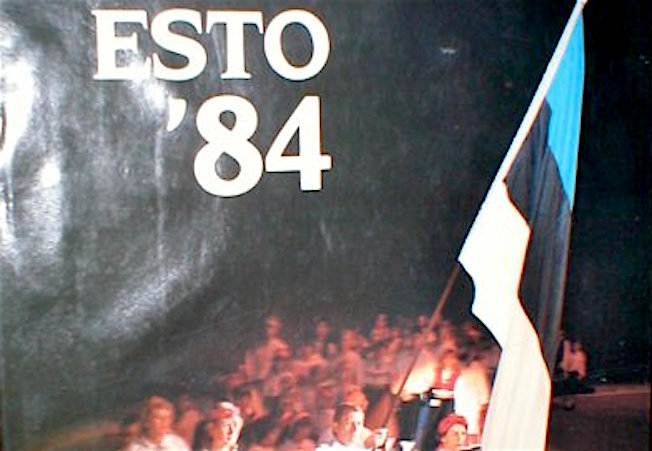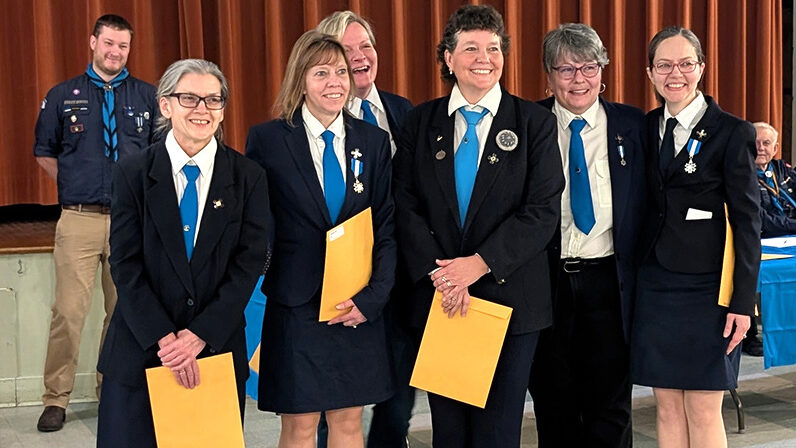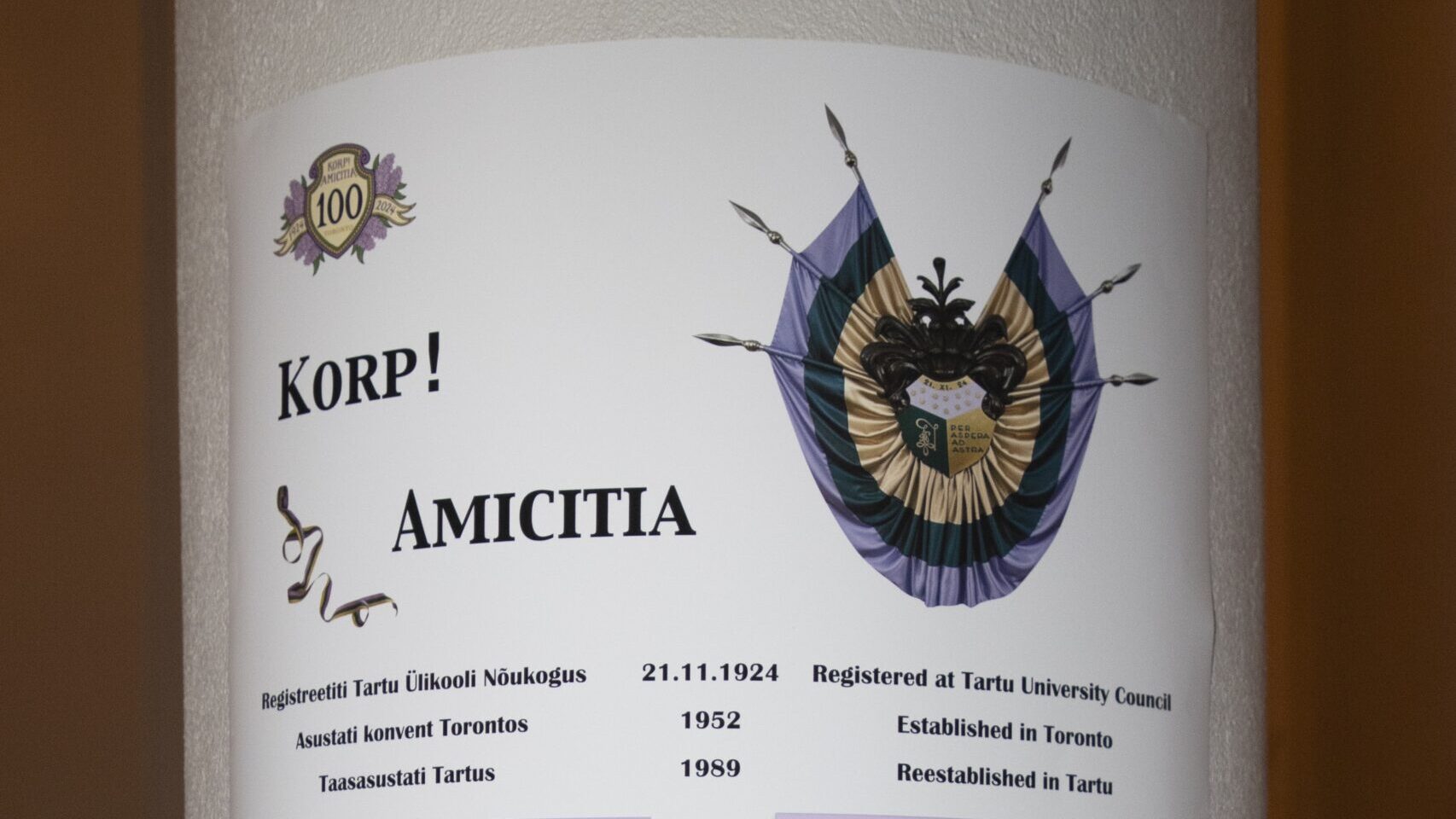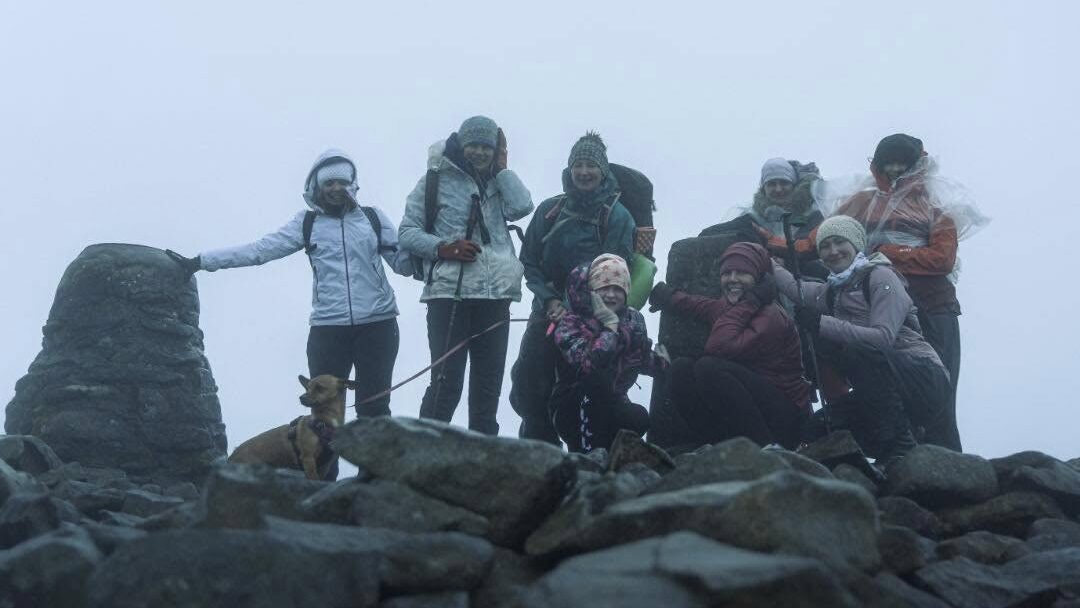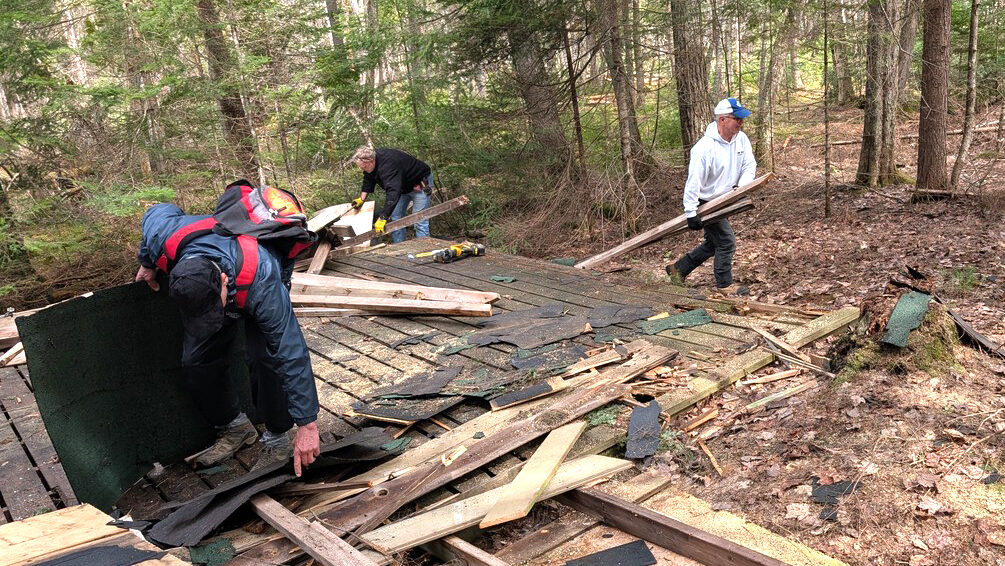I was first elected to the Estonian Central Counci (EKN) in the early 1980's and was an executive member through the 1990's. The political mandate of EKN was clearly defined. Its mission was to support the full restoration of Estonian independence. Those were tumultuous times requiring a shared commitment and collaborative effort. EKN worked actively with other Baltic communities to organize Baltic Evenings on Parliament Hill and lobby Canadian politicians to keep them informed about unfolding events in Estonia. An all-party (PC, Liberal, NDP) Canadian Parliamentary Committee for the Baltics was formed. EKN members were elected as delegates to Eesti Kongress (the Congress of Estonia).
EKN has a strong and proud history as a torchbearer for the restored independence of Estonia. Unfortunately, sometime in the mid-1990's, after restoration, EKN began to lose its way.
It has been suffering from an identity crisis ever since.
Four years ago, after a hiatus of several years, I was again elected to the full assembly of EKN. I agreed to run because there was renewed talk about a need for change. The election of the new president and presentation of pre-selected new Executive candidates at the first assembly meeting followed a well-worn and predictable pattern. Nevertheless, members initially felt that positive and real renewal might be possible.
At the first meeting, I volunteered to facilitate a full day workshop where the full assembly generated ideas for a renewed vision for 2012 – 2015.
Ideas included: lobbying for a seat in Estonian parliament (Riigikogu); strengthening communication and ties with the Estonian government; assisting with the integration of newcomers; supporting youth; educating Canadians about the crimes of communism and inclusion of this in school curricula; increased media presence through an improved website; organizing community forums; Esto 2018; developing strategies for community growth and sustainability.
Group members felt engaged in the process. The ideas were collated and forwarded to the EKN executive. Sadly, nothing further came of this. Similarly, the results of a survey of various organizations in the first few months of the mandate were not shared with all elected members.
Over time, all organizations and institutions can fall into a default culture of deeply rooted behaviors, and thus become increasingly dysfunctional. Public perception is that this is what has happened with EKN. It has been described by some as an inner circle (core group within the Executive), within a group, within a group. Many in our community, especially young people, question what EKN does and whether it is still needed as an organization.
Marcus Kolga in his astute article (EE web edition Nov. 30th) titled “For a Strong and United Estonian Community in Canada” writes, “…the survival of our community and our voice at all three levels of Canadian government, as well as with the government of Estonia, still needs a strong and well organized representative body like EKN.” I fully agree with this statement. This is why I am running as a candidate. I share and support Marcus Kolga's concerns, as well as his progressive ideas for the future work of EKN.
In order to become more fully relevant, there needs to be dramatic change in the way in which EKN defines and practices leadership. I believe that leadership is about creating a shared vision, which aligns with community values and goals. It is about building capacity within an organization through a model of distributed leadership. Organizational strength resides in the expertise of its members and in the collaborative input of its stakeholders. Through a process of collaboration and consultation, EKN needs to build a clearly defined plan for the future. It needs to act upon this plan and enlist the expertise of all Estonian Canadians who are interested in participating.
It is positive that amongst the 42 candidates from across Canada, 16 are women and 11 are under the age of 40. It is also positive that there are candidates over the age of 60, as well as several more recent newcomers to Canada. In order to better serve and communicate with our increasingly diverse community, EKN as the central organization should have an active presence on social media, including Facebook, Twitter, and an up-to-date website. Unfortunately, EKN's domain name was allowed to expire over the past few years and even a basic website was not available until recently. Fortunately, there are several new candidates who can offer extensive experience and expertise in technology and media communications.
It takes courage to stand for elected office at any level. The EKN constitution allows for between 25 and 40 elected members. As a small community, we cannot afford to lose the talent and expertise of anyone who is interested in making a positive difference. In January, all 42 candidates should be invited to participate in the development of a shared vision and specific goals, as well as the long-term implementation of these goals.
With so many highly qualified and experienced candidates, there exists an opportunity for meaningful change. It is important that Estonian Canadians vote in these elections and choose candidates who they believe will commit to building a model of collaborative leadership for renewal and growth. In 4 years, no one should feel compelled to ask, “Where are you going EKN?”
Reet Marten Sehr
